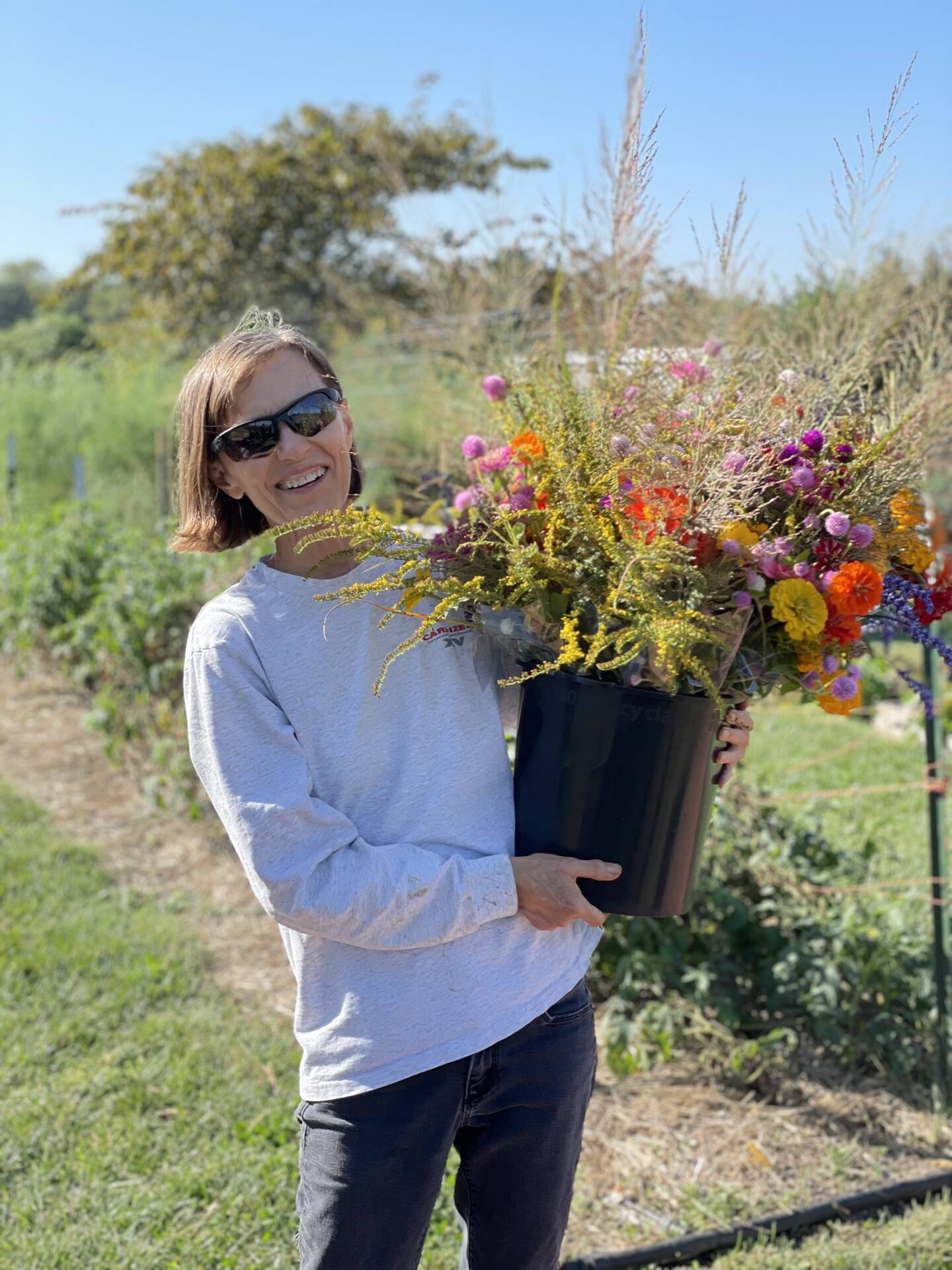December 7, 2022
I don’t know how I came to be so passionate about being green. Was it from having a mother who was a child during the Great Depression and a young woman during WWII rationing, who had to live by the mantra “waste not, want not”? I was in my teens when I realized that people could buy plastic bags actually purpose-made for food storage, because I had never seen them — we always repurposed other bags for that use. In her later years, my mother enjoyed saying that she was green long before it was a thing.
My own green-ness started in the days before curbside recycling, obsessively saving newspapers, paperboard, corrugated cardboard, aluminum cans, and glass until I had a trunk-load to take to the recycling center. I still recycle as much as possible, but I now know that even when we put something in the recycling bin, it’s not necessarily recycled. This is true particularly for plastic, so I try to reduce my use as much as possible. At the start of the pandemic when we could no longer bring our reusable bags into the grocery store, I was the zealot who wheeled my cart out to the parking lot and loaded my bags out there.
I’ve always been good about using up leftovers (definitely my mother’s influence with this one), but my personal war on food waste has taken it up a notch, as I figure out how to use vegetable parts that most people don’t eat, including fennel stems (they’re great pickled), leek tops (who says you can use only the white and light green parts!), radish greens, and broccoli leaf (an experiment that arose from a crop failure in my vegetable garden). Sure, all of that stuff can be composted, but so many other actions rank above composting on EPA’s Food Recovery Hierarchy. It just seems so wrong to waste food, particularly when people don’t have enough, so I’ve also volunteered to glean fields with an organization that recovers food for local food pantries. But did you realize that reducing food waste worldwide ranks as the number 1 solution (click on Scenario 1 to rank by impact) for reducing global carbon emissions? It’s more effective than implementing rooftop solar power, offshore wind turbines, and electric vehicles combined. And eating a plant-rich diet ranks as number 3. That’s something we all can control, without any government action or a Tesla required.
With that background, it shouldn’t surprise you that when I saw that we were going to have an Environmental Stewardship committee for IMGC2023, I jumped at the chance to lead the group.
We’re trying to operate the conference in the most environmentally-friendly way possible and I have ambitious goals. Can we get through the conference without serving anyone a beverage in a single-use plastic bottle? I sure hope so. Will you be forced to suffer in any way because of our green initiatives? Of course not! I’m hoping that we can “gamify” what we’re doing so that we can make it fun to be green. If you’re already pretty green yourself, I think you’ll appreciate the myriad of possibilities to be environmentally conscious. If you’re not, I hope that you’ll have fun participating in some way, and that you’ll carry some new green habits home.
https://imgc2023.com/environmental-stewardship/
Kristi Wyatt – Johnson County Master Gardener since 2016 and IMGC 2023 Environmental Stewardship Team Chair



